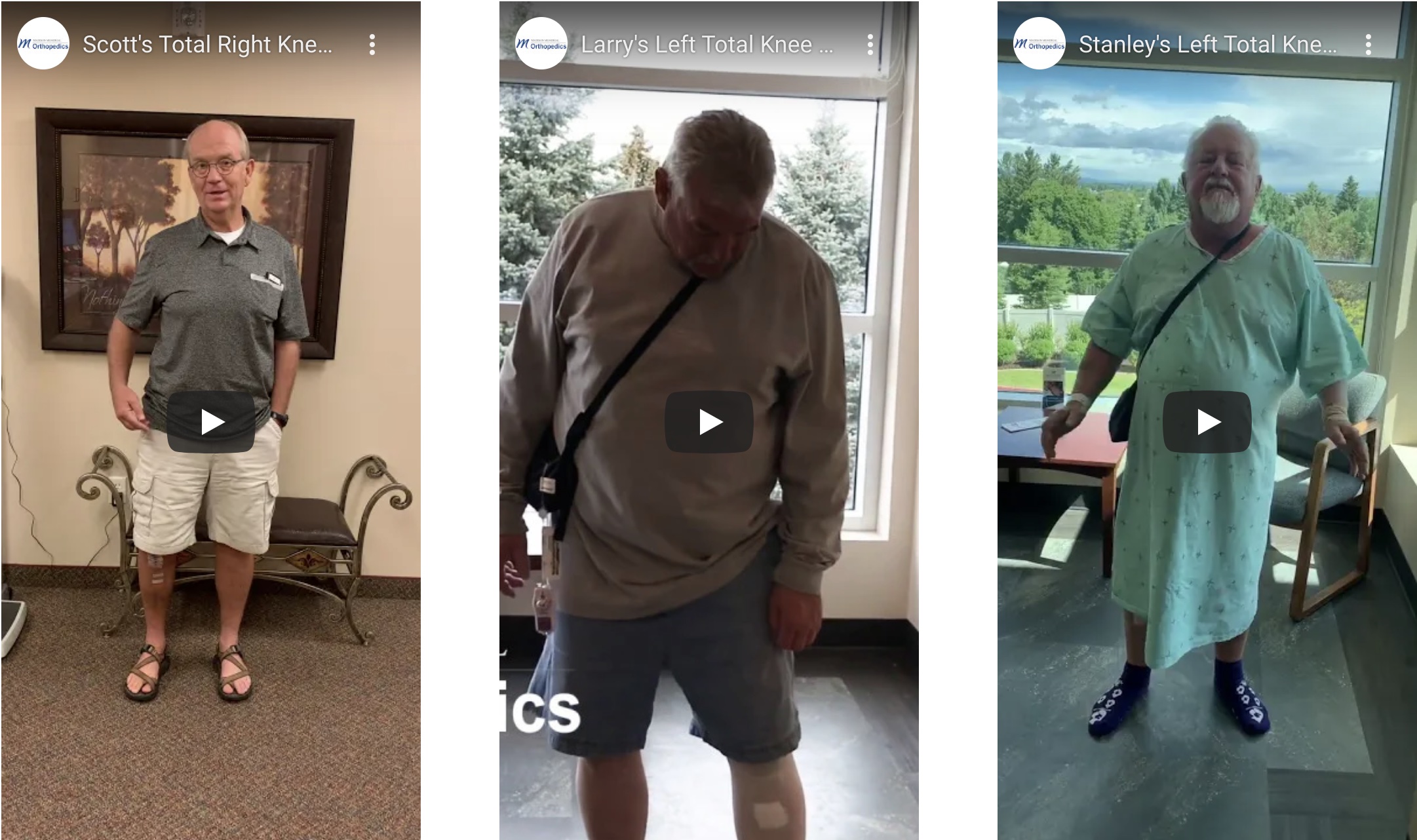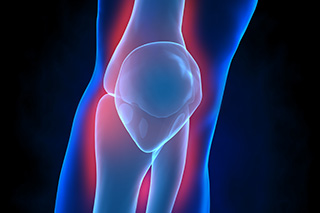Total Knee Replacement
Experience new knee surgery with the Muscle Sparing Knee Surgery procedures for better results. The knee is a complex, hinged joint. Conditions such as arthritis, old fractures, abnormal stress and aging may damage the joint and cause rough areas to develop. Replacement involves resurfacing the bones of the knee joint. Depending on your condition, one, two, or all three of these surfaces may be replaced.
ACL Reconstruction
Knee Procedure Theory
Dr. Eysser is a Rexburg orthopedic surgeon who offers arthroscopic knee surgery throughout Idaho, Montana, and Wyoming. At Madison Orthopedics, Dr. Eysser evaluates the best method emphasizing in minimally invasive and muscle-sparing procedures. By leaving muscles and soft tissues intact, patients, recover quicker and have less pain. Knee pain can stem from many sources including bone or ligament damage.
Muscle Sparing, Minimally Invasive, Robotic Assisted Total Knee Replacements

Call Now to Schedule an Appointment
(208) 359-6781
Common Knee Procedures
Pain in the knee can stem from many causes, including bone or ligament damage. Madison Orthopedics uses the latest minimally invasive treatments to repair damage in and around the knee. Common orthopedic knee surgeries include:
- Total Knee Replacement
- ACL Reconstruction
- Arthroscopic Knee Surgery
- Unicondylar Knee Replacement
- Tendon Repair
- Tibia Fracture Surgery
- Patella Fracture Surgery
- Meniscus Surgery
FAQ’s
What is a total knee replacement?
Total knee replacement involves resurfacing the bones of the knee joint. There are three bony surfaces that can become rough and painful:
- femur
- tibia
- patella (knee cap)
Depending on your condition, one, two, or all three of these surfaces may be replaced. The type of orthopedic surgery you have depends on your age. Also, the amount of damage to your knee, and your medical history. A consultation with your doctor will decide the next best action for your total knee.
Should I have joint replacement surgery?
Will my activities be limited after knee surgery?
Yes. High-impact recreational activities should be limited for a time after knee surgery. This includes and is not limited to the following:
- contact sports
- running
- singles tennis
- skiing
- basketball
- any other high impact on recently operated knee
Low-impact activities, such as bowling, walking, golfing, dancing, swimming, etc. are encouraged in order to protect your leg while regaining strength and movement of the joint. Your surgeon and therapist may discuss further limitations with you after your knee surgery.
